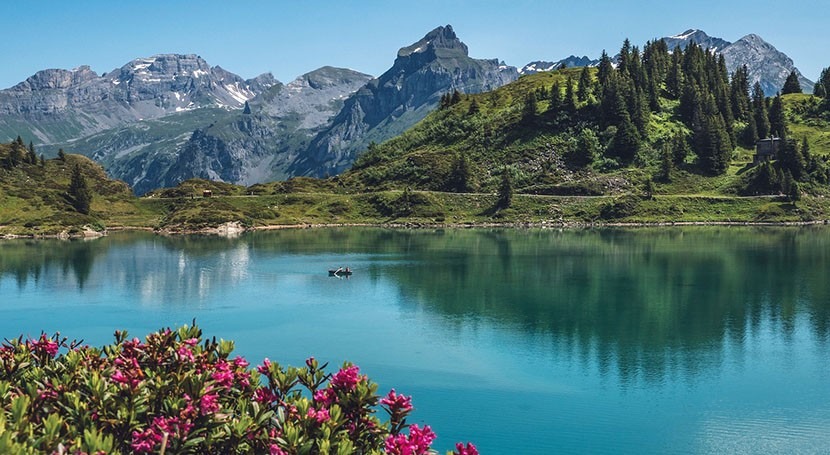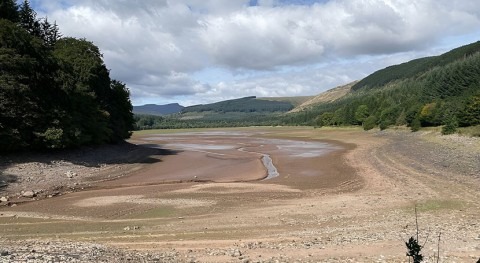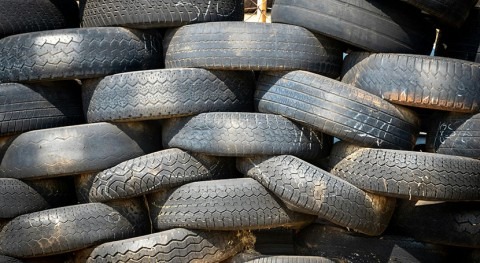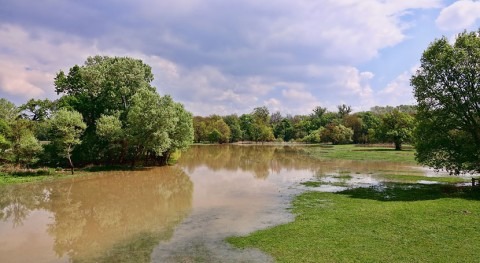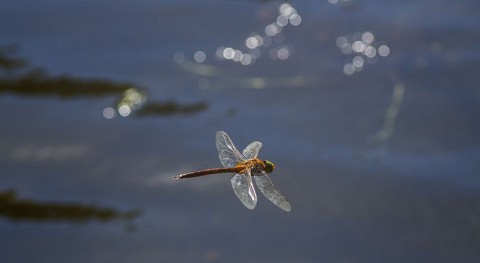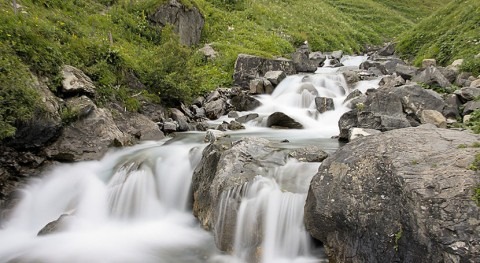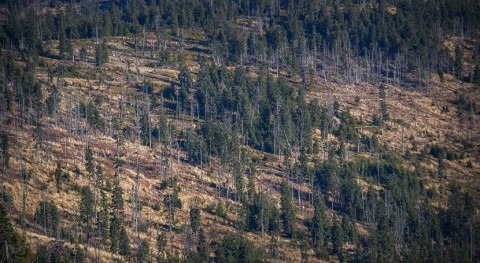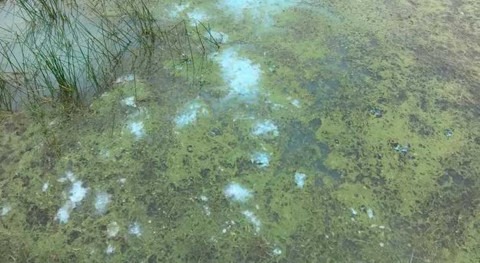Scientists are calling for a raft of urgent measures – including a dedicated Global Green Finance Fund – to help restore degraded freshwater lakes, at the UN 2023 Water Conference in New York.
The call forms part of a White Paper produced by the World Water Quality Alliance (WWQA), which is convened by the United Nations Environment Programme.
The White Paper calls for the establishment of a Global Coalition to set the international agenda on lake restoration, to draw evidence from practitioners to feed into international policy through the UN, building on a recently adopted United Nations Environment Assembly resolution calling for all countries to protect, conserve, restore and ensure the sustainable use of lakes through their integrated management to safeguard society and nature.
There are over 100 million freshwater lakes worldwide, making up just under 4% of the Earth’s surface that is not covered by ice. These lakes provide vital resources including food, drinking water, irrigation, energy production, navigation and recreation. They are also critical for global biodiversity, yet they contribute to the global decline in freshwater species loss estimated at 84% over the last fifty years.
The White Paper calls for the establishment of a Global Coalition to set the international agenda on lake restoration
The ‘Embedding Lakes into the Global Sustainability Agenda’ White Paper has been written by a taskforce convened under the Ecosystems workstream of the WWQA, led by the UK Centre for Ecology & Hydrology and IHE Delft Institute for Water Education. It draws on a survey of practitioners of lake restoration from 63 countries, who were asked about the challenges they face in restoring lakes and what additional measures are needed.
The most common issue facing restoration practitioners globally is nutrient pollution – including phosphorus and nitrogen from agriculture and wastewater – which causes harmful algal blooms, disrupting drinking water supplies, and increasing emissions of methane to the atmosphere. Pollution from agriculture and wastewater is expected to increase globally in the future to meet growing food demands.
Other challenges facing lakes include the effects of plastic pollution, industrial waste discharges, invasive species infestations, and habitat destruction. Climate change will make matters worse; algal blooms will increase with warming and drought as will oxygen depletion leading to dead zones.
White paper author, Professor Bryan Spears from the UK Centre for Ecology & Hydrology said: “This scientific assessment shows the many, and growing, pressures affecting lakes from human activity. Long-term and remote monitoring systems to better understand lake health and provide early warning of deterioration are vital. Restoring lakes has an important role to play in reversing biodiversity decline and in supporting communities who rely upon them.”
The White Paper identifies key solutions to enhancing lake restoration including mobilising policymakers, investment and public support for change and supporting communities in the protection and restoration of the ecosystems on which they rely. It presents four key actions for consideration at the UN Water Conference 2023:
- Build capacity in monitoring – this is critical to guide management, but resources to effectively monitor lakes are lacking in some countries
- Embed sustainable lake management within national policy – with countries drawing on the experience of others who already have these in place
- Foster green finance partnerships – including a Global Green Finance Fund for Lakes and increased funding for disaster response
- Raise global awareness of the benefits of change – including establishing a Global Coalition for Lakes which would coordinate action on lakes and connect a global set of practitioners and experts to the international policy community.
The authors of the White Paper suggest that the Global Green Finance Fund for Lakes could mirror the Global Fund for Coral Reefs, which has successfully catalysed nearly three billion US dollars from global public and private institutions to support low-income countries in protecting their coral reefs.
Co-author, Professor Ken Irvine from IHE Delft said: “There is currently no global policy specific to lake management, yet many drivers of ecosystem degradation are international in scope and require international leadership. Management of lakes as a resource for people almost universally neglects the biodiversity that they contain. This is why a global policy that integrates lake restoration with biodiversity and climate change is urgently needed.”
Co-author Dr Konstantina Katsanou, also from IHE Delft said: “Lakes and reservoirs are undervalued, understudied and often overlooked. Yet, they are of crucial importance for food security, the provision of clean water for drinking and irrigation, energy production, navigation, recreation and biodiversity. We know that recovery of lakes can be achieved through careful management of the causes of degradation, but that can take years to decades, so we need to act now.”
The White Paper highlights some of the major global ambitions that back the need for transformative global action to protect lakes, including the UN Decade on Ecosystem Restoration and the Convention on Biological Diversity's (CBD) Kunming-Montreal Global Biodiversity Framework adopted in December 2022.
Nina Raasakka, from the Global Environmental Monitoring Systems of UNEP and Coordinator of the WWQA said, “Sustainable management of lakes is a critical element to addressing the triple planetary crisis of climate change, nature and biodiversity loss, and pollution and waste. This White Paper is an urgent call for all stakeholders to work together and build a common understanding of the threats and impacts facing lakes so as to restore and preserve these precious ecosystems that are being degraded at such an alarming rate worldwide.”


